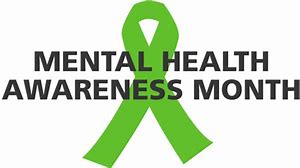You prepare days and weeks in advance for an exam. You know your material like the back of yourhand. You are ready to ace the exam. Then you are at class, and thetest is getting passed out. You are looking at the exam, and suddenly all of the information you worked diligently to study is gone. You go blank. This is what happens to those who suffer from test anxiety. Test anxiety is prevalent among college students, and affects about 18 percent of college students.
The curriculum of college is exam-focused. Many classes consist only of exams, which means student grades rely on how well they do on those exams. If your only grade comes from exams that you are unable to do well on due to test anxiety, that can cause even more anxiety and stress on a college student.

Test anxiety is defined as the inability of truly capable people to pass a test when they have studied appropriately and know the material well. It’s the feeling of panic and memory loss accompanied by physical symptoms of nervousness during an exam or preparing an assignment. Sometimes the anxiety may be severe enough for a student to become overwhelmed with dread and anxiety when instructors just mention an exam. Worrying about performance, fear of failing, and fear of disappointing parents can cause the test anxiety.
Symptoms of test anxiety include headache, rapid pulse, shakiness, shortness of breath, sweaty palms, restlessness, blanking out, racing thoughts, and butterflies in your stomach. There are strategies to help overcome test anxiety. The tips include eating well, getting adequate sleep on a regular basis, exercising to decrease stress and clear your mind, relaxation techniques, deep breathing exercises, visualization of doing well on the exam, and being prepared.
Chloe Vendemia,
Brookfield
Chloe Vendemia is a senior nursing student at Youngstown State University.







